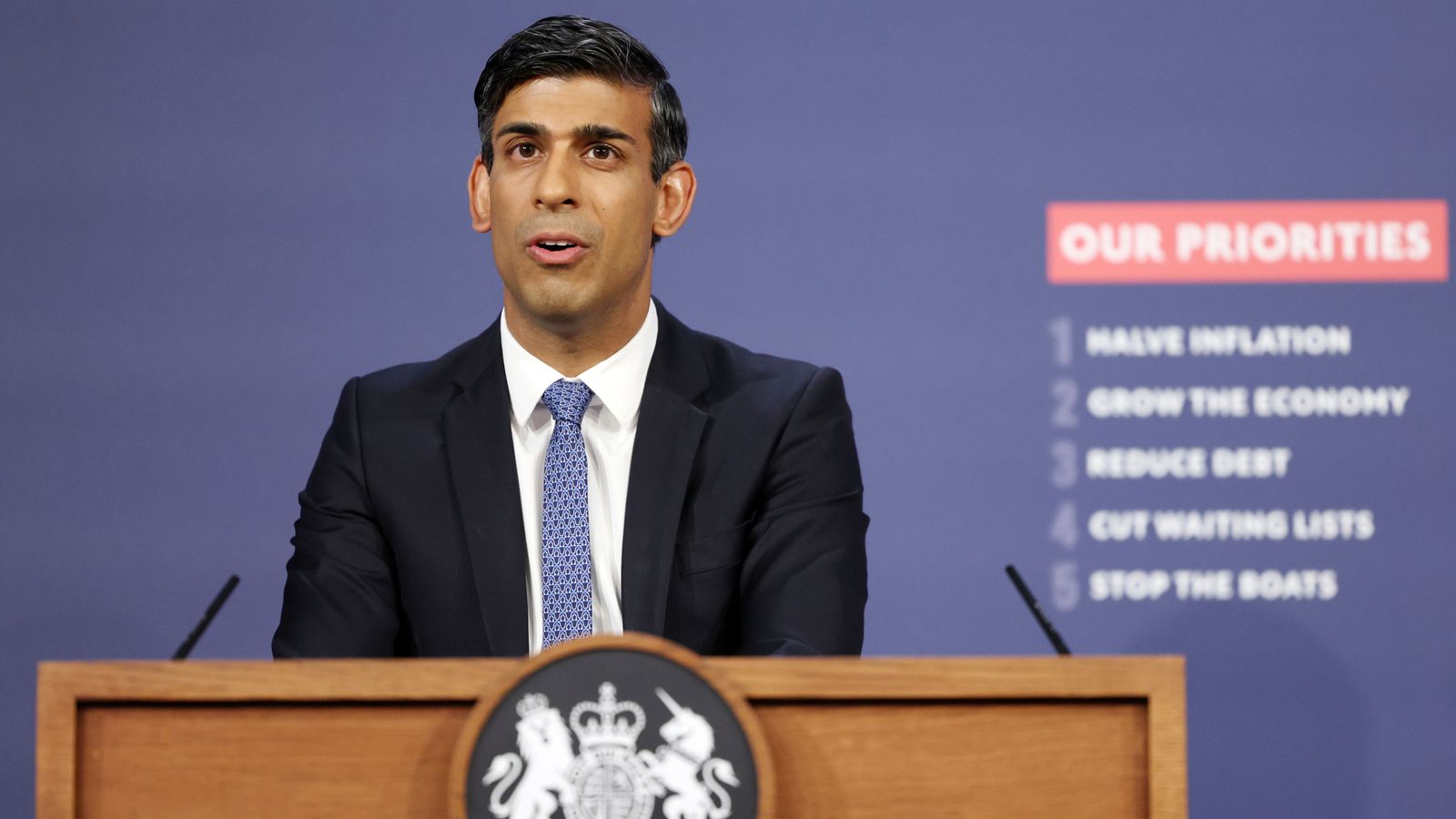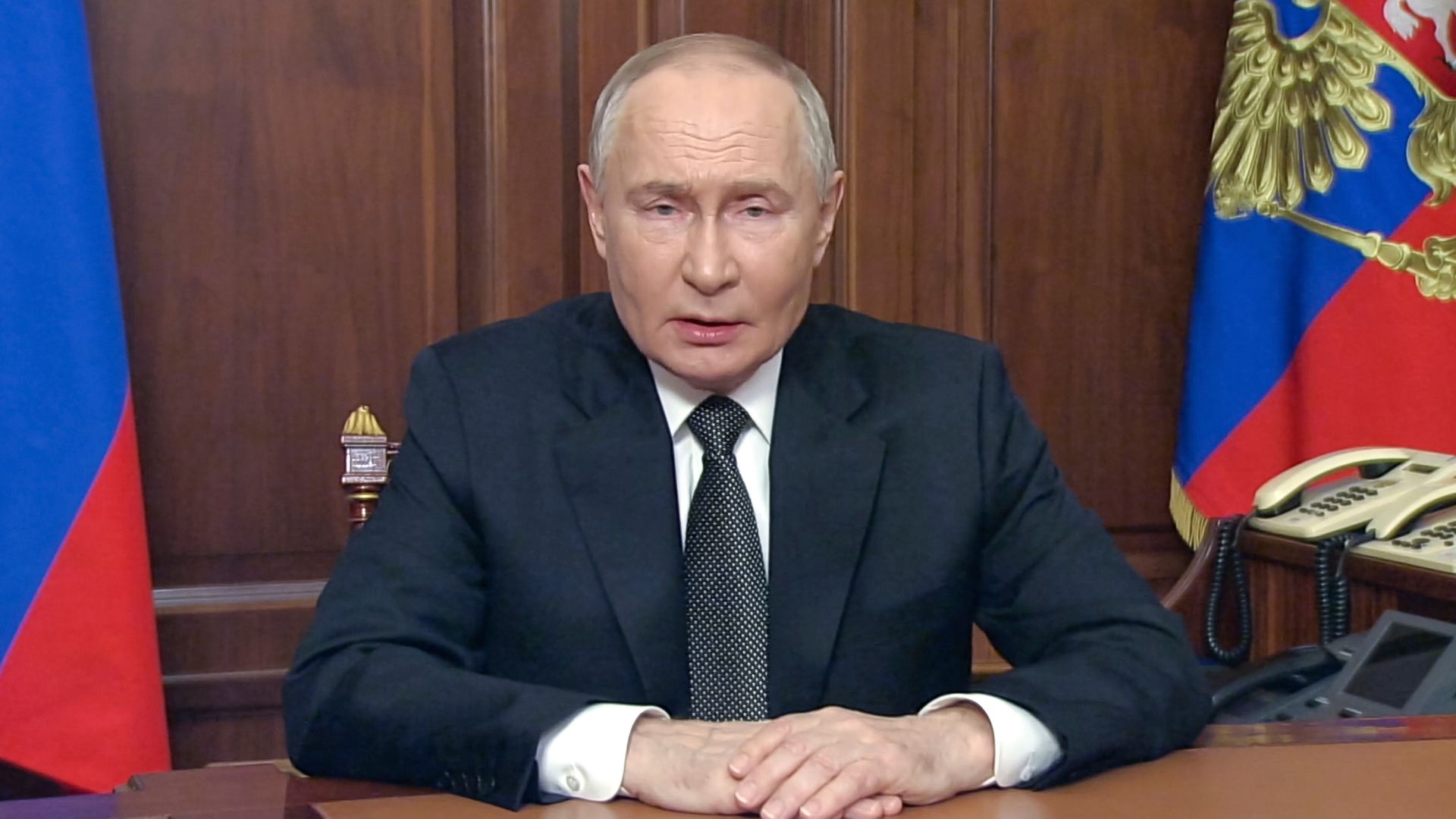Rishi Sunak today sought to put his own stamp on the cabinet, in a way not possible a year ago when he took over.
Yet this reshuffle – which was already in the works in May – took only baby steps towards creating a cabinet truly in Mr Sunak’s image.
Even this level of change immediately provoked rumblings which suggest some of the Conservative Party are not yet ready for a top team that bears his imprint too heavily.
Today has been a stark reminder that, 10 months into the job, sometimes Mr Sunak still struggles to take part of his party with him.
And as a result, he is now likely to have a second reshuffle before the end of the year.
The logic behind the three decisions today tells us much about Mr Sunak.
There is a perfectly sensible reason to replace Ben Wallace with Grant Shapps.
RSPB apologises after branding Rishi Sunak, Michael Gove and Therese Coffey ‘liars’
Nadine Dorries officially out as MP, 81 days after announcing resignation with ‘immediate effect’
Immigration: Asylum backlog in UK hits record high, Home Office figures show
Mr Wallace had qualities that endeared him to many – his affinity with the military, his high standing with Tory members, his willingness to confront the Treasury and other ministers, and his pivotal role over Ukraine.
‘Absolute nightmare’ coming for NHS as strikes announced – politics latest
But not all of these went down so well in Number 10, who felt this amounted to grandstanding on the world stage and endless demands for cash.
It was no secret in Westminster that the personal relationship between Mr Wallace and Mr Sunak was not the strongest.
So the Shapps appointment represents a different approach.
Please use Chrome browser for a more accessible video player
A fast learner – as any cabinet minister who has had five jobs in the last year can expect to be – he will use this more high-profile approach to project the government’s message more widely.
Senior Tories know they don’t have many top-rank media performers (“it’s a bit eighth series Big Brother”, sighed one) – so an upside of the defence post is that it comes without the burdens of the energy job – where the incumbent risks being dragged into tricksy arguments about climate change and net zero.
Mr Shapps is not known for getting bogged down in fights with cabinet colleagues or arguments with the Treasury.
In general, he is well-liked – and last year was sufficiently confident to launch his own, albeit brief, leadership bid.
Such is the grumpiness of the Tory Party that this closeness is toxic for some, with one member of the government labelling Grant Shapps “an encyclopaedia salesman” – he was a businessman before entering government – and claiming this was a reward for helping to oust Liz Truss.
Yet Mr Sunak will see this as putting the demands of an upcoming election ahead of the need for depth of military or foreign affairs experience – a trade-off he will be comfortable with.
Replacing Mr Shapps in the energy brief is Claire Coutinho, one of the most loyal MPs to Mr Sunak in parliament.
A special adviser when he was chief secretary to the Treasury, a parliamentary aide when he was chancellor, and a senior figure on his campaign team, this former investment banker speaks the prime minister’s language.
Read more:
Is Sunak making a mistake with cabinet of allies?
The rise of Grant Shapps
Who is Claire Coutinho?
Be the first to get Breaking News
Install the Sky News app for free
As a reward, she becomes the first 2019 intake MP to be catapulted into cabinet.
But she is a relatively unknown figure to many, and there will be an awful lot of Tory MPs who feel there are others (perhaps themselves) with greater qualifications.
She – along with Laura Trott, Victoria Atkins, Laura Farris and the highly tipped David Johnston, who was promoted to Ms Coutinho’s old job – form a new generation of loyalists for the new prime minister.
But many others, bruised by the Truss era, are hostile and suspicious of his decision to promote allies rather than reach across the party to find talent.
Back in May, there were suggestions this reshuffle might spell the end of Therese Coffey, the environment secretary, Steve Barclay, the health secretary, or even Suella Braverman, the home secretary.
What is not clear is whether things will be easier in November than they are now, the last days of August.








